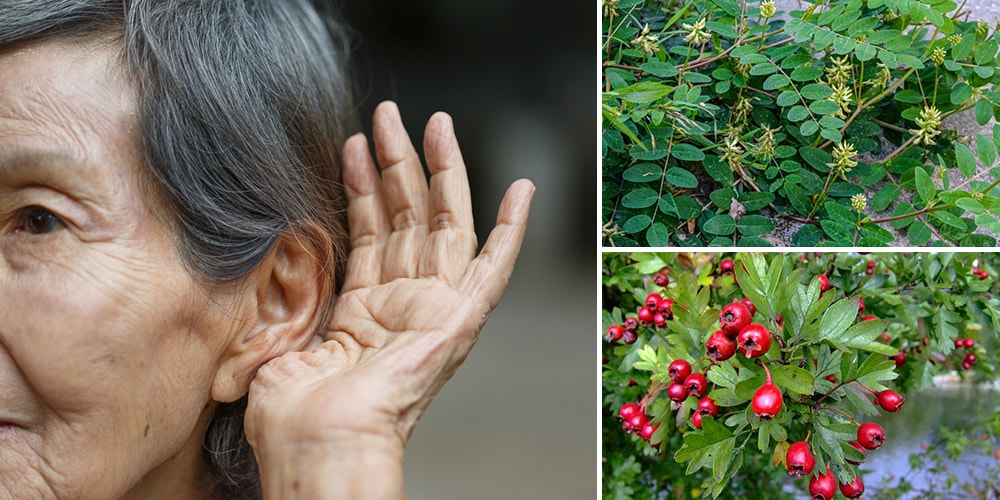
Take This Daily to Fight Hearing Loss
Aging, diseases, damage to the inner ear, infections, occupational noise, and genetics are some of the common causes of hearing loss. According to statistics, around 15% of adult Americans have hearing difficulties, and they are men most commonly. There is no cure for hearing loss and most of its cases are irreversible. But when it is caused by a disease and oxidative damage, treating the problem may eventually improve hearing.
Taking herbs that prevent oxidative damage and improve blood circulation is also an effective first step in preventing hearing loss.
What Causes Hearing Loss?
As a person ages, it is natural for the body to slow down its processes including hearing. While it is inevitable to reverse aging, lifestyle and diet changes can do so much in slowing down its progression.
It may sound new, but did you know that a heart problem is somewhat a precursor to hearing loss? Inadequate blood flow curbs nourishment in the inner ear which disrupts the regulation of fluid. The delicate hairs in the cochlea also rely on electrical impulses. If oxygen is lacking, it can damage the hair cells and cause hearing loss. That is why most stroke patients are also suffering from deafness.
Briefly, the other known reasons and risk factors for hearing loss are:
- Earwax buildup
- Trauma to the inner ear

- Ear infection
- Tumor growth
- Ruptured eardrum or tympanic membrane perforation
- Trauma to the head
- Dental problems
- Aging
- Heredity
- Occupation or activities that involve loud noises
- Some prescription medicines
- Stroke
How Herbs Can Help with Hearing Loss
The therapeutic potential of herbs is known for boosting heart health, alleviating inflammation and bringing overall wellness. A healthy body has improved microcirculation and cochlear fluid flow preventing untimely deafness.
However, if hearing loss is caused by injury, tumor or ruptured eardrum, only the doctor can diagnose the problem. Sometimes, surgical intervention and implants are the only way to reconstruct the inner ear to restore hearing. Hearing aids, cochlear implants and assistive hearing devices are also alternative treatment options. It is always a good idea to have your ear checked by a healthcare professional to get down to the root of the problem.
7 Herbs for Hearing Loss
The following herbs are valued by Traditional Oriental Medicine in helping with hearing impairments:
Ginkgo Biloba
Ginkgo biloba is an excellent herb and perhaps the most effective one in treating tinnitus or ringing in the ear. It is primarily used in improving memory and cognitive performance by reducing nervous tension and calming the nerve.
It is beneficial against cell degeneration. By improving the blood flow to the nerves, it can help boost hearing. The cilia or sensory nerves in the ear need a healthy blood flow for them to function properly again.
To remove the auditory blockage and get relief from tinnitus, take 60 to 240mg of ginkgo biloba a day until the condition improves. Before using the product, please read the information on its drug interactions to avoid potential health complications and problems.
⇒ How to Make Bark Bread from a Tree That Grows on Almost Every Street in America (Video)
Ginseng
Panax ginseng, or Korean ginseng, is also an important herb in the repertory of medicine for improving physical and mental health. A study conducted for the Journal of Ginseng Research on the ingestion of Korean red ginseng after noise exposure yields positive results in mice. The control group showed fast hearing recovery because ginseng is an effective inhibitor of noise-related deafness.
Ginseng is also effective in helping with hearing recovery in patients undergoing systemic steroid therapy. Oral intake of Korean ginseng supplements may improve hearing quality, especially for patients with sensorineural (inner ear) hearing loss. In adults, the recommended dosage is between 200mg to 3g for up to three weeks.
Astragalus
Astragalus (Astragalus propinquus) is an anti-aging, alterative and adaptogenic herb that brings overall body wellness. It stimulates the immune system, improves cardiac function and helps in fast recuperation.
Astragalus is also rich in polysaccharides, flavonoids and astragalosides that protect the auditory functions. Its therapeutic effect works in both the cochlear and central auditory system for improving hearing and perception. Astragalus is potent as a single-use herb but often used with other agent therapies when used clinically. In Chinese medicine, astragalus is commonly used in association with chemotherapy to prevent its hearing-related side effects.
Spearmint
Spearmint (Mentha arvensis) is more of a hearing-protective herb that can help greatly in preventing sensorineural hearing loss. If you have age-related deafness, it is partly due to a low level of folic acid. Rich in folic acid, spearmint is a choice herb for slowing down the degeneration of hearing. Folic acid helps break down the amino acid homocysteine which diminishes the flow of blood in the ear.
Try to include spearmint in your daily diet to boost your optimal hearing health. This herb is also beneficial in temporary hearing loss caused by dental problems. Spearmint has a range of therapeutic properties that also alleviates inflammation caused by tooth decay and other oral problems.
Turmeric
Turmeric (Curcuma longa) is a widely used herb for all-known health problems. It is fully packed with therapeutic properties that come from its powerful component, curcumin. Curcumin is an antioxidant that controls numerous diseases and their progressions.
Oral intake of turmeric in higher doses prevents cell death or apoptosis. This helps support the tissues and the walls surrounding the cochlea. Additionally, turmeric is rich in potassium which is vital in maintaining the endolymphatic fluid in the ear. The healthy intercellular interaction benefits the ears and improves hearing quality.
A 100g daily intake of turmeric is beneficial in preventing gradual apoptosis. To salvage hearing, boil some turmeric root or powder and neem leaves. Using your hand, funnel the steam into the affected ear. Apply the water to the ear as well and wipe it out with a clean cloth.
Neem
Neem oil is an effective pain reliever for earache and infections when used as a regular ear drop. Neem (Azadirachta indica) is an anti-inflammatory, antibacterial and blood purifier plant. In Ayurvedic medicine, it is valued for its ability in treating cardiac problems.
There are many ways you can use neem for hearing problems. The easiest way is to use its essential oil as an eardrop once every morning until you achieve a favorable result. You may also boil its leaves or bark and use the water to rinse the ear. Doing this can prevent untimely deafness or improve the signs of temporary ones.
Hawthorn Berry
Hawthorn berry (Crataegus oxyacantha) is a cardiotonic best used for treating heart disorders. It is a trophorestorative plant that corrects the deficiency of the heart and brings its balance. It subsequently helps in stabilizing hearing by improving the blood flow in the auditory system. Its extract is often used in treating tinnitus or buzzing ear problems.
Hawthorn berry is a slow-acting herb, which means it does not show immediate results. It may take a few weeks before you feel any difference after taking its plant extract, but it is always worth the wait. Hawthorn extract, its fresh undiluted fresh juice or infusion of its berry and aerial parts are excellent in recovering hearing.
Takeaway
Hearing loss and frequent tinnitus are annoying problems that can interfere with our everyday life. Our sense of hearing is also something we pay little attention to until the problem becomes worse. While aging and the environment are contributory factors that we can do little about, prevention plays a greater role.
Taking good care of your ears and seeking help for potential cardiovascular diseases is one way of stalling its progression. Taking protective and supportive herbs can also do so much in preventing this bothersome condition.
If you feel an unnecessary and frequent fluctuation in hearing quality lately, do work it out with your doctor. Remember that most hearing loss is irreversible yet most causes are also preventable through early detection.






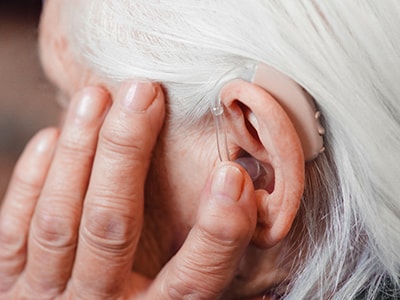
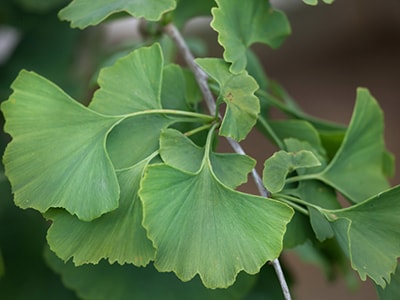
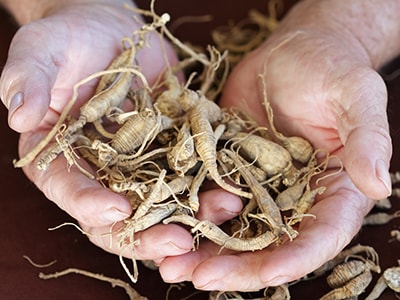
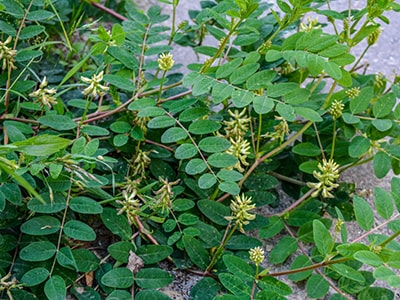
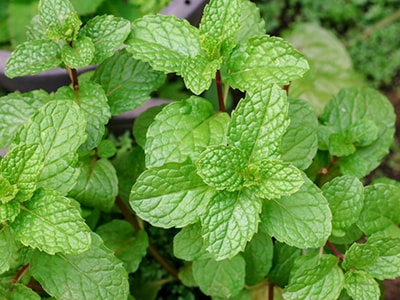
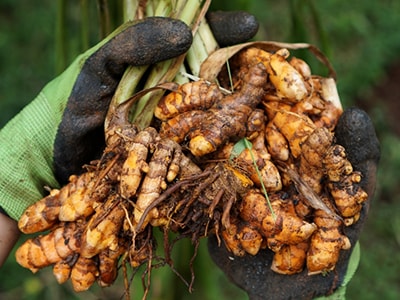
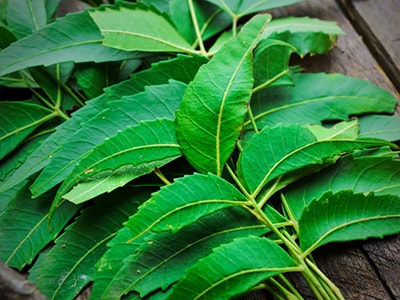
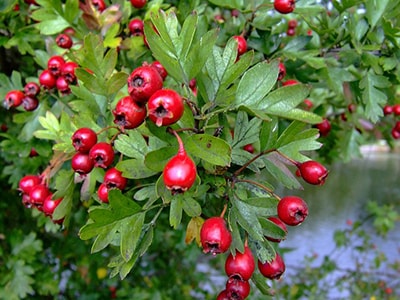


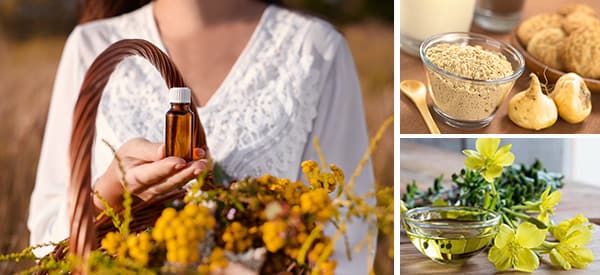
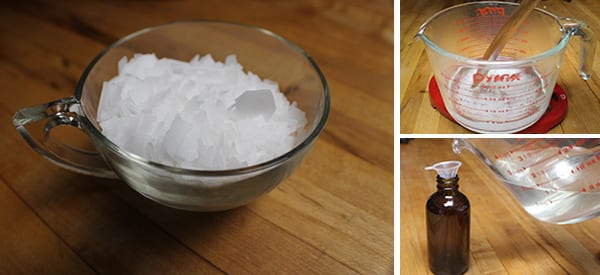
Is there an oil or tincture with these ingredients for your ears/hearing?
Hi Linda,
Thank you for your interest in this article!
Unfortunately, we do not sell herbal remedies, however, you can try making your own homemade tincture. Alternatively, many health food stores or online herbal shops carry these herbs and herbal products out of them.
Many blessings and good health!
How best to ingest these herbs… tea? How much should be used/how often?
Hi Jana,
Thank you for your interest in this article!
You can take these herbs as teas or tinctures, whichever suits you best. Tinctures are highly concentrated and often more potent than teas because they contain a higher concentration of the herb’s active constituents. This allows for a more efficient way to administer herbal remedies.
Many blessings and good health!
fascinating! I already take a lot of these herbs in with other supplements! Good to know that I’m being proactive in protecting my hearing. I’ve got spearmint growing in my garden, and often add it to my tea! I didn’t know it was good for hearing…. Thanks for the info!
Hi Barbara,
We’re glad to hear you liked the article and that you already incorporated these herbs in your holistic journey.
Many blessings and good health!